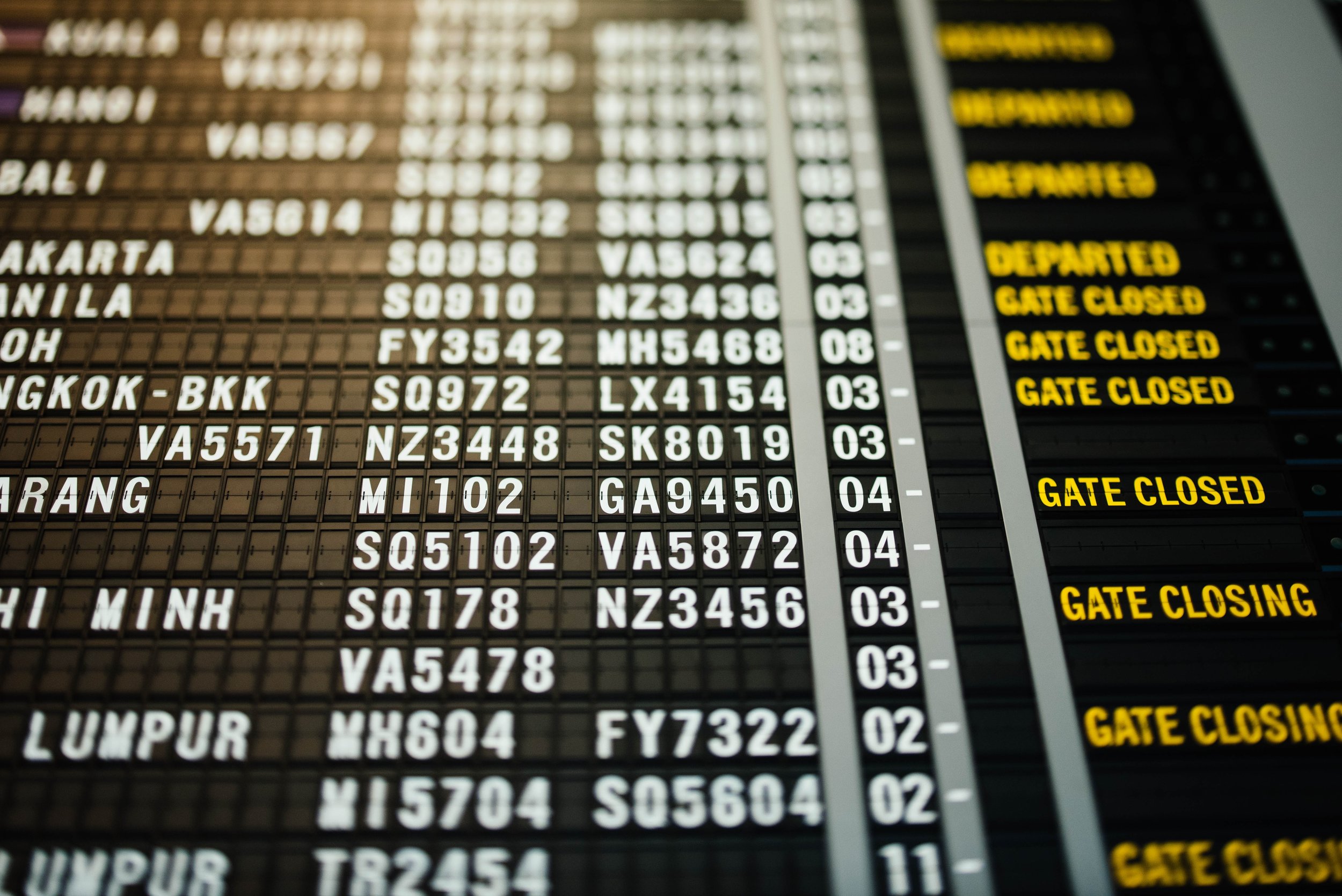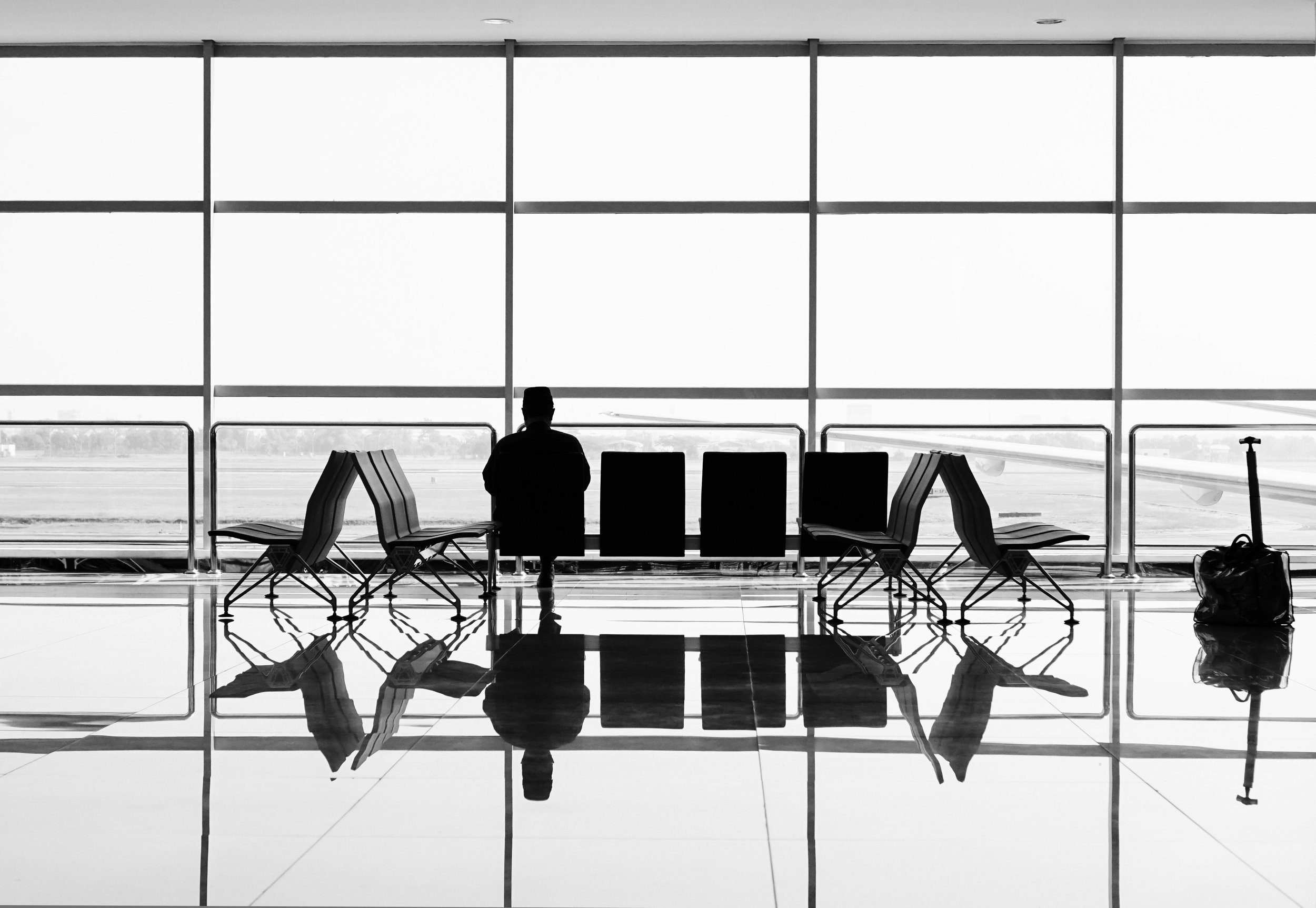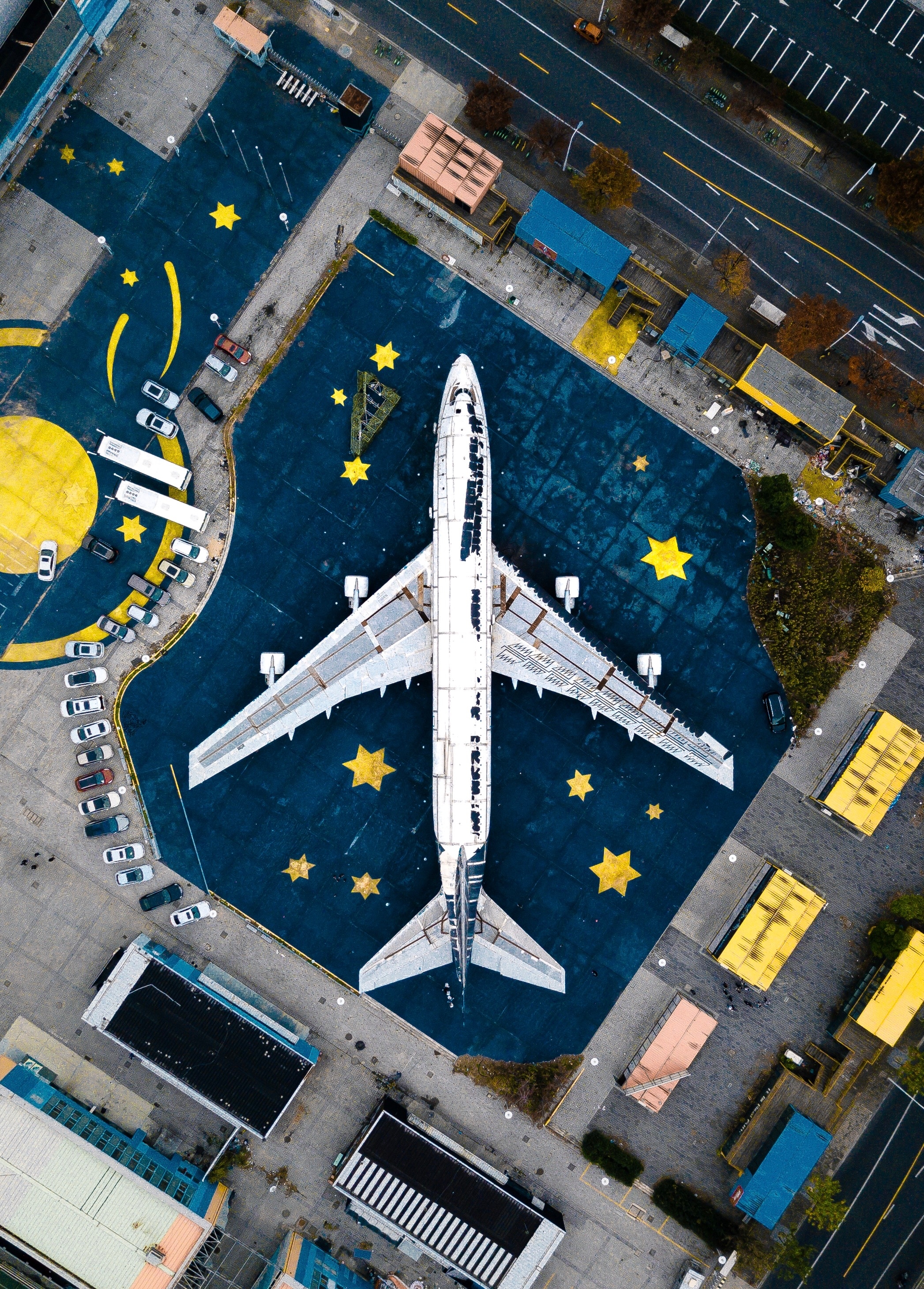You are at the gate, an hour before you flight. You zipped through security because you have Global entry; sailing through TSAPreCheck. You’re feeling good, you found a nice computer spot, you take out your iPad, computer, phone and connect to the free airport Wi-Fi and that’s where it all ends.
In a recent study (January-May 2018), Coronet a cloud security company, ranked 45 of the busiest US airports and found San Diego to be the absolute worst for cyber threats. Free Wi-Fi at airports may seem like a public service, in reality, they serve hackers. “The main reason airports are problematic is because most people are taking convenience over security,” said Dror Liwer, chief security officer and co-founder of Coronet.
These networks are usually unencrypted, insecure or improperly configured according to the study. Its’ not just your own device that is at risk, but your company’s entire digital infrastructure that's at risk, every time you login to a Wi-Fi that is unencrypted, unsecured or improperly configured and send emails or share data with a co-worker.
“Hacking, which includes phishing, ransomware, malware and skimming, is the most common type of data breach and accounts for 60 percent of attacks, according to a 2017 study by the Identity Theft Resource Center. These attacks can lead to identity theft, which along with debt collection, imposter scams and other kinds of fraud, cost consumers $905 million in total losses in 2017, according to the Federal Trade Commission.” reports Carmen Reinicke of CNBC.
Here are the 3 major risks you take when you log onto public Wi-Fi
Your Device: When you click on "accept terms and conditions", you may unknowingly be installing malware on your device. The website looked legit, but it wasn’t.
Credentials: You can be a target for a Wi-Fi phishing scheme. The website looks just like the site you think is legit, just like your email sign in page. But it’s not and as you sign in, you are giving your login info to the hacker.
Data: Now you can infect your entire company. If data is sent to and from coworkers, through the hacker’s device, then they have all that info. You’ve handed it all over to them on a silver platter, so to speak.
Here’s the list of the 10 worst airports. Just because your airport is not on the list, it doesn’t mean it’s safe. It just means the hackers haven’t gotten to it yet.
These are the top 10 worst airports for cybersecurity. 10 being the absolute worst.
* Source: Coronet
1. San Diego International Airport 10
2. John Wayne Airport- Orange County Airport 8.7
3. Hobby Airport Houston TX 7.5
4. Southwest Florida International Airport Fort Myers 7.1
5. Newark Liberty International Airport 7.1
6. Dallas Love Field 6.8
7. Phoenix Sky Harbor International Airport 6.5
8. Charlotte Douglas International Airport 6.4
9. Detroit Metropolitan Wayne County Airport 6.4
10. Logan International Airport Boston 6.4
You are much safer signing into secured network. It may not be as convenient, but it sure will save you in the end. I use my T-Mobile Hot Spot when I’m traveling. I never sign into unsecured networks and neither should you.
Call me, let's talk! 415 931-1945.
Prefer to email? info@WeMakeTravelEasy.com




